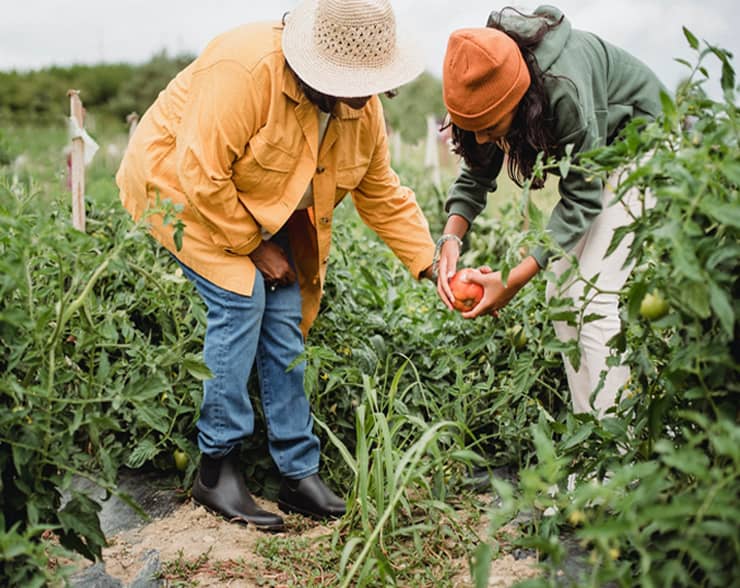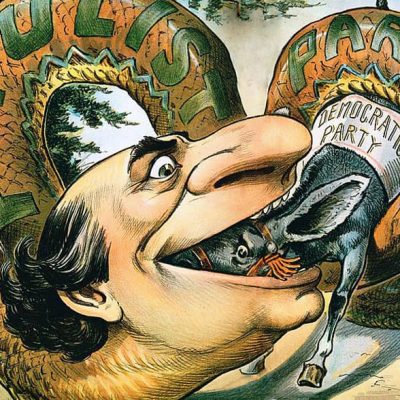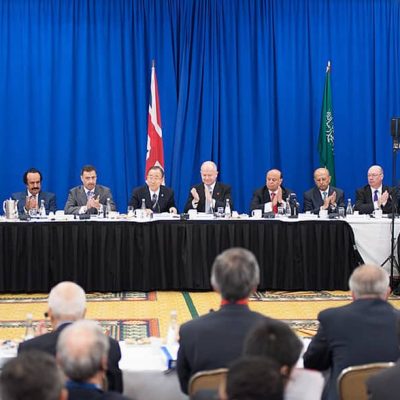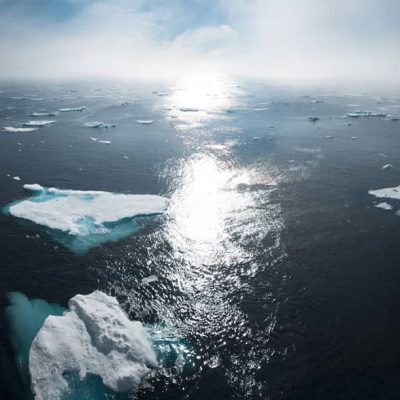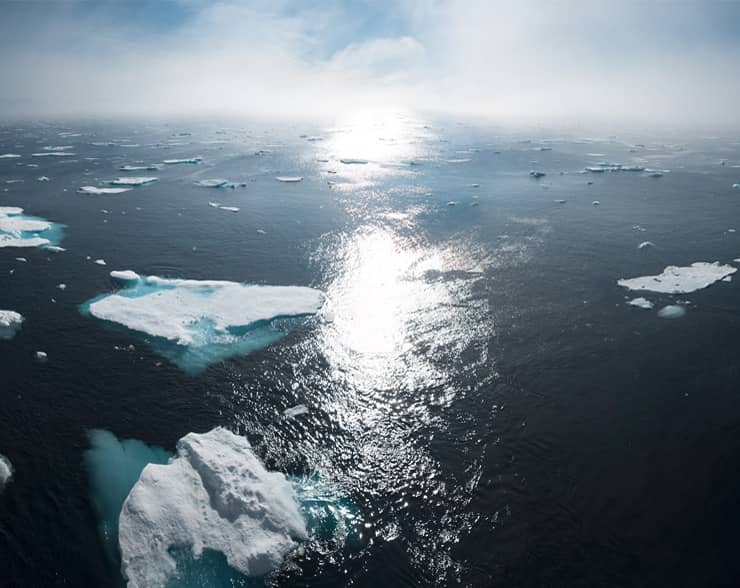 Appeals
Appeals
U.N. Security Council Focus On World Hunger.
Featured Image: Photo by Sigmund on Unsplash.
On 23 May, the United Nations Security Council will hold a special briefing to address the issue of food insecurity under the chairmanship of Mr Alain Berset, President of the Swiss Confederation. During May, the rotating chairmanship is held by Switzerland led by the Swiss Ambassador to the United Nations, New York Ms Pascale Baereswyl. The meeting will have as background a 3 May 2023 report of the Food and Agriculture Organizations (FAO) concerning early warning on areas facing acute food insecurity.
Some 250 million persons are living in this situation of acute food insecurity.
The report highlights that some 250 million persons are living in this situation of acute food insecurity with the Democratic Republic of Congo leading the list with some 27 million persons due to armed violence and the breakdown of governmental structures. The Congo is followed by Ethiopia, largely due to fighting in the Tigray area. The war in Ukraine is also having a negative impact limiting production and export of food goods -a principal export of Ukraine. In addition to armed conflict, there is the growing impact of the consequences of climate change.
European Union, African Union and United Nations system.
Today, cooperation on food insecurity is needed among the U.N. family of agencies, national governments, non-governmental organizations, and the millions of food producers to respond to this food crisis. These measures will have to be taken in a wholistic way with actions going from the local level of the individual farmer, the national level with new governmental policies, to measures at the multi-State regional level such as the European Union and the African Union, and at the world level with better coordinated action through the United Nations system.

IAEA Director General Yukiya Amano escorts H.E. Mr. Alain Berset, President of the Swiss Confederation, during his departure at the Vienna International Centre. Vienna, Austria, 8 January 2018. By IAEA Imagebank, CC BY 2.0 https://creativecommons.org/licenses/by/2.0, via Wikimedia Commons.
Additional funding for the U.N. World Food Programme and the release of national food stocks.
There is a need for swift, short-term meaures to help people now suffering from lack of food and malnutrition due to high food prices, inadequate distribution, and situations of violence. Such short-tem action requires additional funding for the U.N. World Food Programme and the release of national food stocks. However, it is on the longer-range and structural issues on which we must focus our attention.
The Association of World Citizens has taken a lead in the promotion of a coordinated world food policy with an emphasis on the small-scale farmer and a new awareness that humans are part of Nature with a special duty to care and respect for the Earth’s inter-related life-support system. As Stringfellow Barr wrote in Citizens of the World (1952):
«Since the hungry in the world community believe that we can all eat if we set our common house in order, they believe also that it is unjust that some some die because it is too much trouble to arrange for them to live.»
Photo by Clay Banks on Unsplash.
Stringfellow Barr. Joining the Human Race.
A central theme which Citizens of the World have long stressed is that there needs to be a world food policy and that such a world food policy is more than the sum of national food security programs. John Boyd Orr, the first Director General of the FAO proposed a World Food Board to stabilize food prices and supplies. He resigned as Director General when the food board proposal was not accepted and then devoted much of his energy to the ,world citizen movement.
For World Citizens, the emphasis must be placed on creating a world food policy which draws upon improving local self-reliance while not creating nationalistic policies which harm neighbours. Food is a key aspect of deep structural issues in the world society and thus must be seen in a wholeistic framework. The briefing and debate of the U.N. Security Council may give us strong elements on which to promote a world food policy.
Photo by Zen Chung on Pexels.
John Boyd Orr: A World Citizen’s Focus on Food.
René Wadlow, President, Association of World Citizens.

Presidente, Asociación de World Citizens (AWC).
Cursó Estudios de Relaciones Internacionales en La Universidad de Chicago.
Cursó Estudios en el Programa Especial de Civilización Europea en
La Universidad de Princeton
Here are other publications that may be of interest to you.
Prevenir la expansión del conflicto de Gaza: ¿Son posibles las brigadas de paz?
Antony Blinken, el secretario de Estado de Estados Unidos, ha estado nuevamente en Medio Oriente trabajando para evitar que la violencia de la Franja de Gaza se extienda a gran…
Ciudadanos del Mundo Piden un fin Inmediato a las hostilidades entre Israel y Hamás, y por un esfuerzo auténtico de construcción de Paz en Oriente Medio.
Imagen destacada: El impacto del bombardeo israelí sobre un edificio civil en Gaza (2021). Por Osama Eid, CC BY-SA 3.0 https://creativecommons.org/licenses/by-sa/3.0, via Wikimedia Commons. La Asociación de Ciudadanos del Mundo,…
Transformación del Populismo en Europa y las Américas: Historia y Tendencias Recientes.
Imagen de portada: Caricatura de juez de 1896 que muestra a William Jennings Bryan/Populismo como una serpiente que se traga a la mula que representa al Partido Demócrata. Por la…
Día Internacional de los Océanos.
Imagen destacada: Foto de Marek Okon, Unsplash. Es necesario avanzar en las delimitaciones marítimas asiáticas. . El 8 de junio ha sido designado por la Asamblea General de las Naciones Unidas como…
Siria: El Comienzo de una noche de dolor.
Featured Image: Photo by Ahmed akacha: https://www.pexels.com/es-es/foto/gente-demostracion-rally-protesta-7183546/ Por Rene Wadlow. El 13 de marzo de 2011 en Derra, en el sur de Siria, 15 adolescentes fueron arrestados por la policía…
Yemen: Aún se necesita Acción Positiva.
Imagen destacada: El Reino Unido acogió la reunión de Amigos de Yemen el 27 de septiembre de 2012 en Nueva York junto con los coanfitriones del Reino de Arabia Saudita…
Medidas para crear Confianza en Asia-Pacífico: Revertir la Deslizamiento hacia la Violencia.
Imagen destacada: Foto de wu yi, Unsplash Con los militares estadounidenses y chinos comprometidos cerca de Taiwan, un error de cálculo podría conducir a la violencia armada. El conflicto armado en…
Enfoque de la ONU sobre las consecuencias del Cambio Climático.
Imagen destacada: Foto por William Bossen, Unsplash El 20 de marzo de 2023, el Panel Intergubernamental sobre el Cambio Climático (IPCC) publicó un Informe de síntesis basado en sus tres informes…
Medidas efectivas para proteger nuestros océanos
Imagen destacada: Foto por Dave Hoefler, Unsplash. El 4 de marzo de 2023, en las Naciones Unidas en Nueva York, se dio un paso importante hacia la protección de los océanos…
Ruido de Sables en el Mar de China Meridional.
Imagen destacada: El USS John S. McCain realiza una patrulla de rutina en el Mar de China Meridional, el 22 de enero de 2017. El destructor de misiles guiados apoya…

